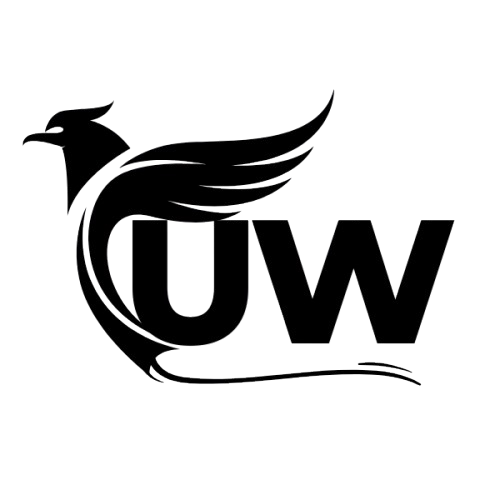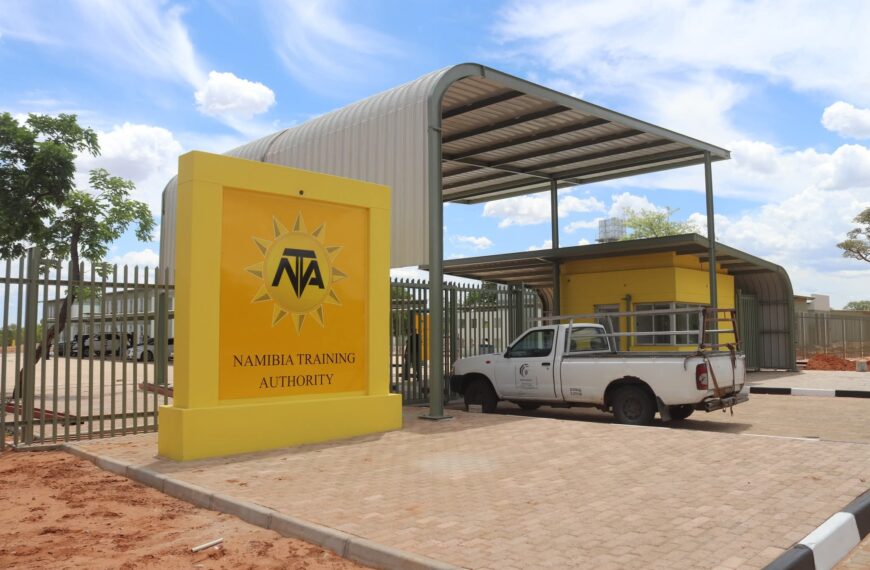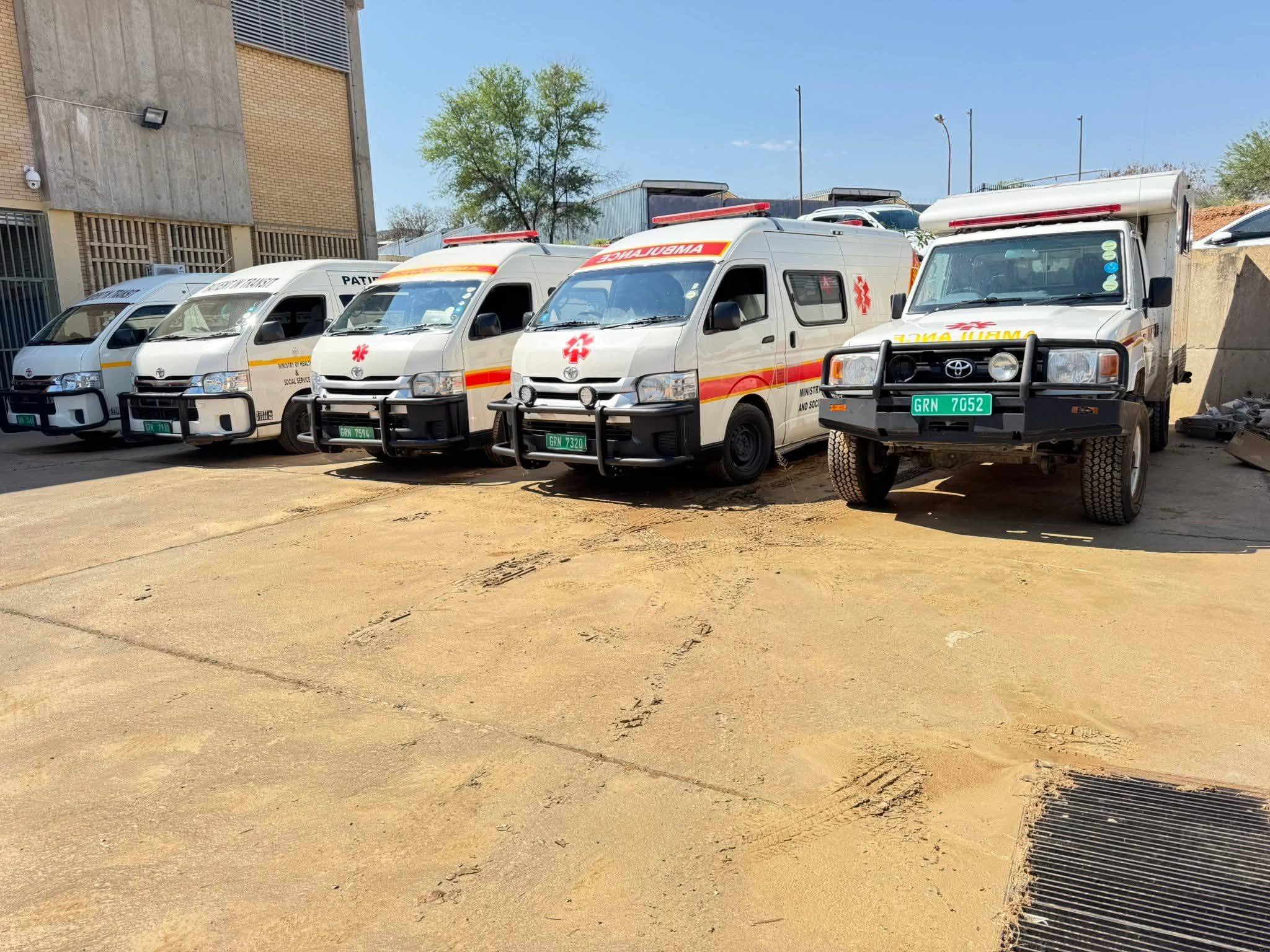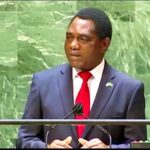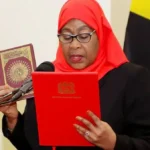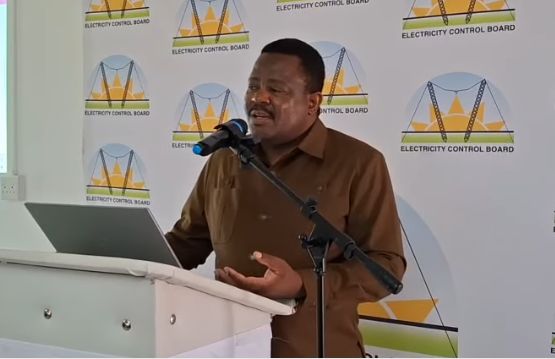
Namibia’s state-owned green schemes are battling escalating electricity expenses totaling N$34.9 million between October 2024 and September 2025, a challenge that the Electricity Control Board (ECB) says underscores the urgent need to boost local power generation to ensure affordable, reliable, and sustainable energy.
According to the report, about N$12.6 million of the total expenditure was attributed to demand charges, with some farms paying as much as N$1.1 million per month, a financial burden that continues to strain productivity and threaten the long-term sustainability of Namibia’s irrigation-based food production schemes.
Speaking during the national green scheme workshop in Rundu today, Sikondo Green Scheme representative Maxwell Nghidinwa said the current power tariffs are unsustainable and directly harming productivity. He warned that reducing demand charges by half could increase agricultural output by as much as 30%, easing financial pressure on farms.
ECB Chief Executive Officer Robert Kahimise reaffirmed the regulator’s support for government’s vision of balancing energy security, affordability, and reliability, while reducing dependence on costly imports through greater investment in local generation.
He added that under the Sixth National Development Plan (NDP6) and Vision 2030, government aims to produce 80% of Namibia’s electricity locally and expand national electricity access to 70%, a move expected to strengthen agricultural and industrial development, including the green schemes.

